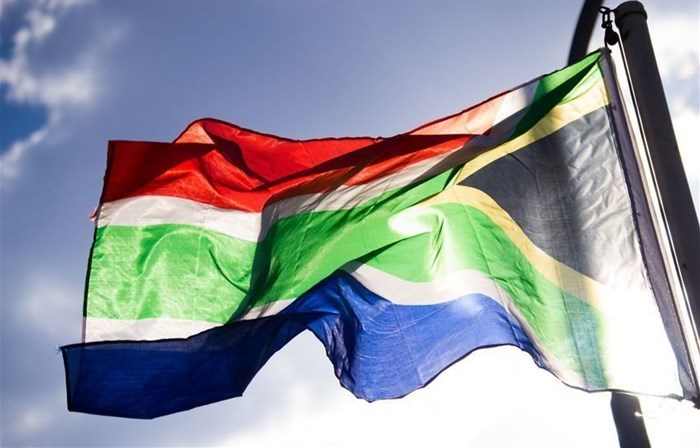
Wahida Parker, managing director of the Table Mountain Aerial Cableway Company (TMACC) believes that in order to reinvent the industry, we need to rethink the individualised approach of the past and embrace creative and strategic collaborations between businesses in related sectors.
Stats SA reports that international visitors to South Africa dropped by a staggering 71%, from nearly16 million people in 2019 to less than 5 million in 2020. The knock-on effects of this decline have been devastating for a sector which previously constituted 4.5% of total employment and 3% of our total GDP.
"Like many nations around the world we are now exploring ways to rebuild the tourism industry to be more sustainable with emphasis on partnerships that promote social, economic and environmental sustainability," states Parker, who is also on the board of Cape Town Tourism.
The first steps are to build an enabling framework for the industry that is conducive to the creation of meaningful cross-sector collaborations to drive economic growth and benefit communities.
"We envision inter-business partnerships, as well as Private-Public Partnerships (PPPs) that add value for South Africans who want to explore their own country. When implemented well, these partnerships are mutually beneficial and have the potential to alleviate economic pressure across the board," notes Parker.
The heightened awareness of sustainable tourism practices among global and local travelers in a post-Covid era presents the opportunity to rebuild the South African tourism sector in a much more inclusive way.
"We stand to learn a lot by observing the successes of recent collaborations, such as the partnership between Southern Africa Tourism Services Association (Satsa), and popular decentralised transport service Bolt. In this partnership, tourism service-providers rent out their unused vehicles to locals who are then able to earn an income as drivers," explains Parker.
"We have kicked off our recovery efforts through initiatives with various local businesses. These include the Sky-Hi ride at Hotel Sky as well as the opportunity to sample delicious Cape cuisine at eateries such as Coco Safar," she elaborates.
"TMACC has always been committed to a participatory, citizen-centric approach to tourism. As an industry, we now need to embrace the modern market trends that will enhance traveller confidence in the post-Covid world, and align with the global zeitgeist of sustainability, both socio-economic and environmental," concludes Parker.